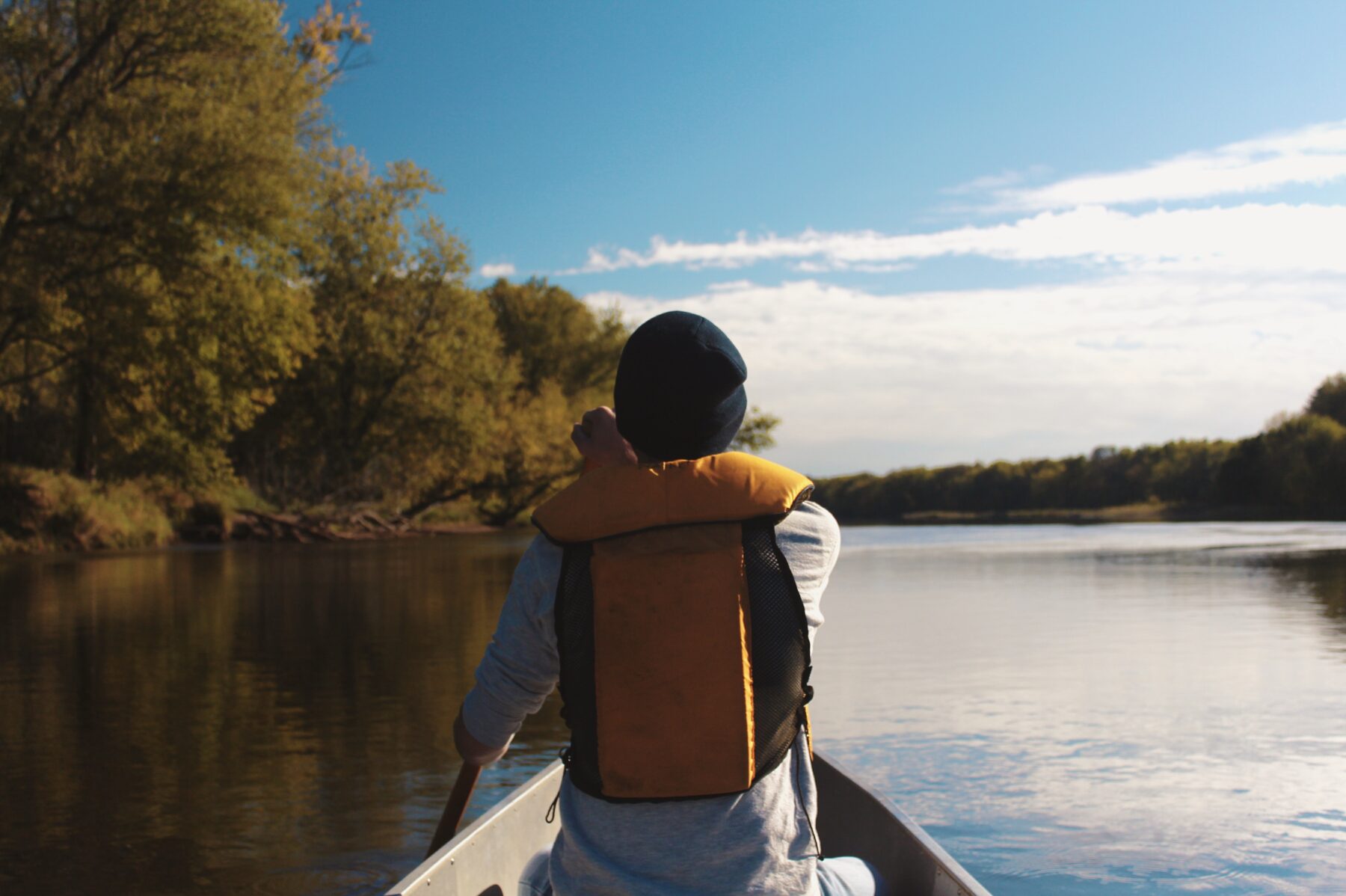If you’ve experienced increased levels of anxiety, depression, and stress over the last few years, you aren’t alone. A team of researchers at the University of Queensland in Australia developed a study to determine the effects of the pandemic on global levels of anxiety and depression. The model estimates a 28 percent increase in cases of major depressive disorder in 2020 and a 26 percent jump in anxiety disorders. Normally, these figures tend to be stable from year to year, so these drastic increases are indicative of a significant mental health crisis in our communities.
There’s good news, though! Did you know that spending time outdoors is good for your mental health? According to Lisa Nisbet, PhD, a psychologist at Trent University in Ontario, Canada, there’s increasing evidence that nature benefits both our physical and psychological wellbeing. This certainly isn’t to say that nature is the only remedy for mental health struggles, but it can be a powerful prescription alongside a mental health professional’s other treatment recommendations to make a positive difference in your overall wellbeing.
Nisbet studies connectedness to nature as part of her area of expertise, but you don’t have to rely solely on the results of data collection and analysis to test this theory. Just take a few minutes and venture outdoors. Even a walk in an urban setting can boost your mood, says Nisbet.
My own anecdotal evidence indicates that a breath of fresh air can brighten my spirits, make me more alert, and change the course of a downward mental spiral. I’m especially fond of walking in the winter, when the air is crisp and dry (especially lovely if snow is falling). It’s exhilarating and life-giving to fill your lungs with that fresh air.
If you don’t want to take my word for it, studies have shown that being outdoors in nature improves our immune system; reduces cortisone and adrenaline hormone levels that contribute to stress, anxiety, and depression; reduce blood pressure; gives our brains a break so we can focus better when we return to the tasks at hand; reduce attention fatigue and ADHD-related symptoms; increase levels of happiness by boosting endorphin levels and dopamine production; improves creative thinking; improves quality of sleep; help with grieving; strengthen coping mechanisms; and improve how you treat other people.
Also, it just feels good. Close your eyes. Take a breath, breathe it in.
Simple Solutions to Nature-Deficit Disorder
Even when we know that being outdoors is good for our mental health, it can be hard to find the time. Again, if this is true for you, you aren’t alone.
Based on his research of human activity patterns, Dr. William R. Ott determined in 1989 that “We are basically an indoor species.” According to the Environmental Protection Agency, Americans spend on average 87% of their time indoors, and an additional 6% in an enclosed vehicle, which leaves a measly 7% of our time spent outside. This isn’t surprising, since one-third of our day is spent asleep, and another one-third of our day is typically spent working indoors.
Thankfully, it doesn’t take a huge dose of the outdoors to boost your mood. Simple steps lead to significant improvements for your mental health. David M. Puder, MD, psychiatrist, faculty member at Loma Linda University, and host of the popular psychiatry podcast, Psychiatry & Psychotherapy, emphasizes the value of exercise, particularly outdoor exercise, for mental health treatment. Dr. Puder runs an outpatient psychiatry practice for patients, where he looks holistically at diet, exercise, lifestyle, traditional psychiatric medication needs, and also psychotherapy needs.
Puder himself makes an effort to get out onto a lake, away from noise, music, and other distractions, to witness the beauty of nature and do focused rowing. “There’s something about getting out into nature that brings you into a zone,” Puder reflects. “The more you are in nature, the more you want to be in nature.”
Short mental breaks, taking your exercise routine outdoors, a walk around the block with your dog or a friend, a hike into the woods, or just sitting outdoors for a period of time can all provide the benefits of a lifted mood. On warm days, find a picnic table and take your work outdoors (your smartphone’s hotspot is a great way to stay connected to your work while you soak up the sun and breathe in some fresh air). Find a local park or connect with your local parks and recreation department to get a list of area parks, and challenge yourself to explore each of them.
Forests in particular have been shown to improve our overall well being, so take a walk in the woods whenever you have the chance. An increase in heart rate variability is good for your overall health, Puder shared, and there’s data that shows just walking in the forest increases that variability. “It’s physiologically good for you just being in the woods.”
If you need other motivation besides just “being outdoors,” try different outdoor hobbies, like kayaking, canoeing, fishing, fly fishing, bicycling, rock climbing, paddleboarding, geocaching, creekwalking, golfing, bird watching, and more that combine an activity with the benefits of being outside.
Dr. Puder recommends getting creative in order to get into the aerobic zone in fitness. “You don’t have to push really hard to achieve a heart rate zone for mitochondrial growth,” Puder shares. He recommends walking at a conversation pace and wearing a weight vest or fannie pack with 10 pounds in it to help you enter that heart rate zone. “Simply walking uphill or hiking can get you into that right zone.”
You might also consider learning more about your local habitat, its bird and animal species migration cycle, and the types of trees in your region. The more we know a space, the more connected and inspired we are by its inhabitants, even in our own backyard.
The outdoors provide us even more value beyond our mental health when we begin to think about our spiritual wellbeing and the connectedness we share with the planet. Many individuals find a deep sense of awe, wonder, and reverence when they spend time outdoors. This smallness in the vastness of creation amplifies the mysteries of God’s love and care for us as individuals.
With all of these great benefits to our overall health, what’s keeping you from spending time outside today?
“We don’t want to live in a world where there are no recreational fishermen, where we’ve lost touch with the seasons, the tides, the things that connect us—to ten thousand generations of human being that were here before there were laptops, and ultimately connect us to God,” Robert F. Kennedy, Jr. told Richard Louv, author of Last Child in the Woods: Saving Our Children from Nature-Deficit Disorder.
Mental health professionals agree.





 Copyright
2024
Root and Vine
Copyright
2024
Root and Vine